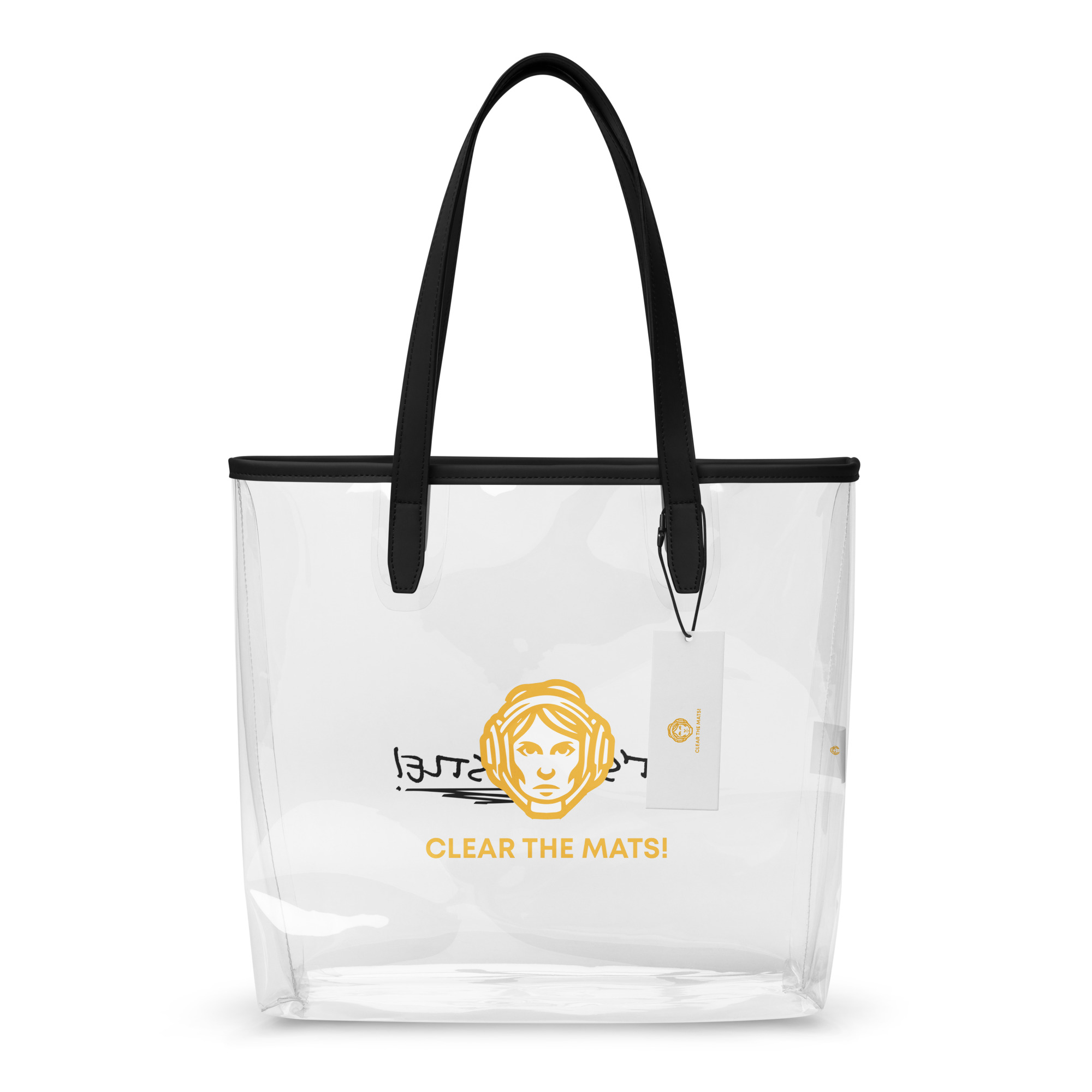A Wrestler Mom’s Guide to Handling Defeat: Coaching Your Kid Through a Loss

September 25, 2025
A Wrestler Mom’s Guide to Handling Defeat: Coaching Your Kid Through a Loss
Introduction
The last whistle blows. My son or daughter’s arm hasn’t been raised by the referee. He or she lost the contest. As a mom of a wrestler, dealing with loss is a daily, agonizing task. We invest so much in our children’s sports, from morning practices to weekend tournaments, that a loss can be emotionally devastating for us as well. But these times of sadness make our jobs as parents even more important. It’s not about the score; it’s about what we do and say next.
This section is a guide for parents who, like me, are dealing with the ups and downs of youth sports. It’s about how to make the most of these times instead of seeing them as failures. This post will talk about how to help your child deal with a loss in a way that makes them stronger, more resilient, and love their sport for the rest of their life. We’ll also talk about why this method is an important component of a parent’s guide to dealing with their child’s sports loss, giving you the tools to turn heartache into a stepping stone to future achievement.
I. The Car Ride Right After It Happened Home
- Recognize and accept your feelings: Start by being understanding. Don’t say “It’s okay” to make them feel better. Say something like, “I know you’re sad right now, and that’s okay.” You put in a lot of effort.
- The Quiet Way: Sometimes, the best thing to do is not say anything at all. Give them a snack, a drink, and some quiet time. Tell them you’re there if they want to talk.
- Avoid the Play-by-Play: Don’t go into detail about what they did wrong. Now is not the time. Wait till a quieter period with their coach to give them feedback.
II. The “Why”: Seeing Loss as a Chance to Learn
- “You Don’t Lose, You Learn”: This is not just a saying; it’s a way of thinking. Talk about a loss as a chance to find your shortcomings and make new plans.
- Focus on the Work, Not the Result:Tell them how brave they were to step on the mat, how skillfully they did their moves, and how hard they worked. Point out particular good things that happened that weren’t related to the final result.
- Set New Goals: Use the disappointment to make a plan that will help you. “Based on that match, what’s one thing you want to work on in practice this week?”

III. The Parent’s Role: Beyond the Sidelines
- Act with integrity: Our children are constantly observing. Even if you disagree with a call, be the parent that tells the other team good job and thanks the authorities.
- Don’t let their success define who you are: Your child’s performance does not represent your value as a parent. Instead of focusing on winning, focus on the process and the fun of the sport.
- Why Fun Is Important: Tell your child why they started playing the sport in the first place: for the fun of it, to make friends, and because they love the game.
IV. Long-Term Character Building
- Resilience and Grit: Explain that every loss is a step toward building the mental and physical toughness they’ll need later in life.
- Humility in Victory, Grace in Defeat: Teach them that true champions are gracious winners and dignified losers.
Conclusion
One of the hardest and most rewarding things about being a parent in youth sports is helping your child deal with a loss. It takes time, understanding, and a long-term view. This parents’ guide to youth sports defeat can help your child understand that their worth isn’t based on the score and that the lessons they gain from losing are worth more than any prize.
FAQ: How to be a good parent and deal with losing in wrestling
Q1: How do you help a child deal with losing in wrestling?
A: First, let them know you understand how they feel. Don’t criticize them right away; give them time to think about it. After that, focus on effort, progress, and setting new goals.
Q2: Should parents talk to their kids right away about losing a wrestling match?
A: Not all the time. The best moment to be quiet and supportive is while you’re driving home. Wait until everyone is calm before giving technical critique, and let the coach handle the details.
Q3: Why is it so important to lose in wrestling?
A: Losing makes you stronger, harder, and more humble. They teach young athletes essential things about how to keep going, get ready, and handle challenges.
Q4: What can parents do to assist their kids be strong after they lose a wrestling match?
A: Tell them that losing is a chance to learn, highlight out the wonderful things that happened throughout the match, and tell them that growing is more important than the score.
Q5: What should parents do when their child loses a wrestling match?
A: Be a good sport by thanking the umpires, applauding your opponents, and reminding your child why they love the sport. Stay calm, helpful, and positive.
You may also want to read this:








